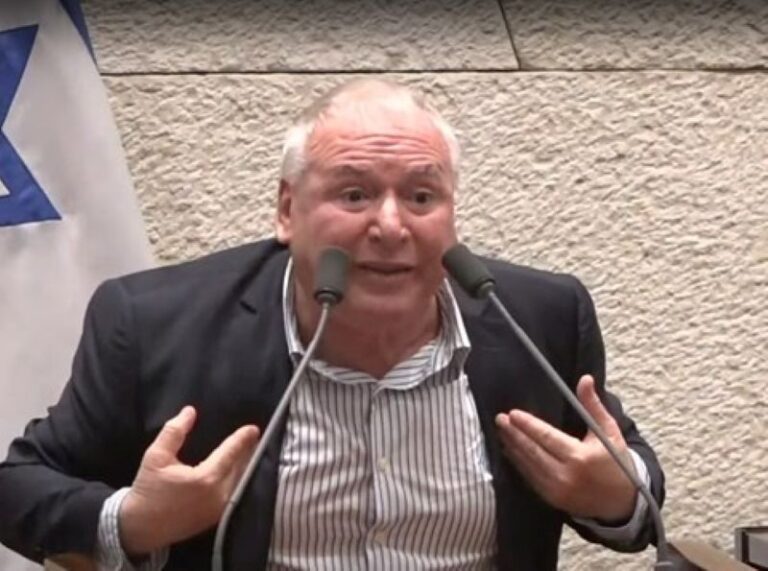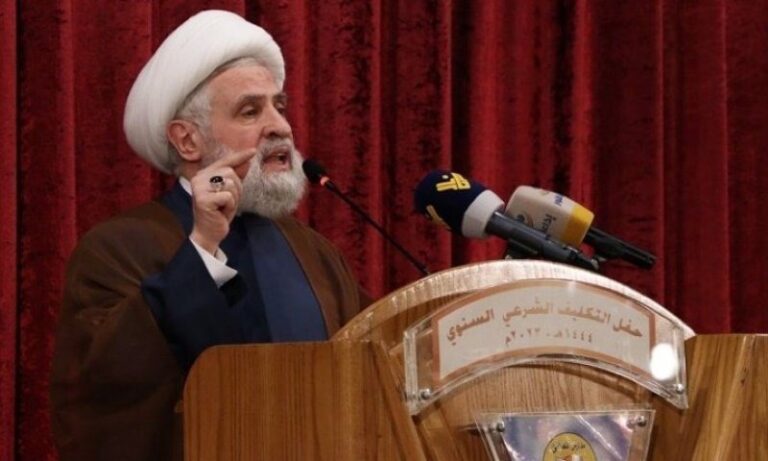A Project of the Business Halacha Institute
Under the auspices of HaRav Chaim Kohn
by Rabbi Gershon Schaffel, Chicago
Four young men sat chatting in a small restaurant in Los Angeles. Their table was littered with white china plates. A middle-aged man walking by stopped in his tracks to stare in disbelief at the massive heap of dirty dishes. Moshe Yosef, noticing the man’s incredulous expression, smiled to himself.
“That’s one guy who doesn’t have a teenage son,” he thought in amusement.
Eighteen-year-old Moshe Yosef and his three close friends went out to eat together each rosh chodesh. This arrangement gave them a welcome break from the yeshiva suppers. Between the four of them and their hearty appetites, they always ordered and ate a large amount of food. After all, they only had the opportunity to eat perfectly grilled steaks once a month.
“Anybody want ice cream?” Pinchas asked, running a finger down the dessert menu.
“Nah,” said Shaul.
“Me neither,” Levi concurred. “Let’s just get the bill and head back. I think we’ve all had more than enough to eat.”
When the waiter cleared the table, he left the check behind. Moshe Yosef took a peek. The total, including the tip, came to $279.80.
Levi immediately slapped eighty dollars in cash on the table. While Pinchas and Moshe Yosef reached for their wallets, Shaul fished around in his pocket and came up with two hundred-dollar bills. He added them to the other bills and stood up.
“Hey!” said Moshe Yosef. “Let me chip in.”
“It’s okay, Mo,” Shaul replied, already walking to the door. “You can pay next time.”
Moshe Yosef sighed. Shaul did this too often, and he never let any of them pay him back. This time, he resolved not to let his friend get away with it. He pulled two fifties out of his wallet, caught up to Shaul, and slipped the money into his back pocket in one smooth move.
During their walk back to yeshiva, Pinchas took Moshe Yosef aside.
“I saw what you did in the restaurant,” he whispered. “I don’t think Shaul noticed. My question is, was it halachically permitted? Maybe his paying for the meal is considered a loan, and in that case, you paid more than your fair share. Is that ribbis?”
Moshe Yosef grew thoughtful. “Good point,” he told Pinchas. “I’ll ask the rosh yeshiva.”
He posed his question to Rabbi Itzkowitz after night seder.
“When repaying a loan, it is indeed prohibited to return more money than you originally borrowed,” the rosh yeshiva agreed. “This is true even if the borrower does not have the exact denomination of money that is owed. Say Reuven borrowed forty dollars from Shimon. When Reuven was due to repay him, the smallest bill in his possession was a fifty. Reuven may not give the fifty-dollar bill to Shimon and tell him to keep the change. One exception to this rule, as noted by Minchas Yitzchok (9:88), is if the extra amount is so insignificant that one would not search for it if he dropped it on the floor. A similar situation arises if Reuven were to make a purchase with his own money on behalf of Shimon, and when Shimon wants to pay him back, he does not have the exact denomination of bills. Shimon may not pay that higher amount and tell Reuven to keep the difference if the extra amount is significant.
“It would seem that the same guidelines would apply in your case, Moshe Yosef. If the extra amount you want to slip into Shaul’s pocket is significant, it would be prohibited for you to give it to him.”
Rabbi Itzkowitz smiled. “There is, however, one major factor here that changes the entire case. The whole discussion only applies when money was actually loaned. In this case, there was no loan! Although you had every intention to repay your friend for the meal you shared, Shaul did not plan to accept payment from you. The transaction is definitely not considered a loan. As such, there is no issue whatsoever for you to put extra money into his pocket. Any money that is more than the actual cost of the meal is not problematic, since it is considered a gift, rather than repayment of a loan.”
“I understand, rebbi,” Moshe Yosef said. “Thank you for the explanation.”
To receive the Business Halacha Institute Shabbos newsletter, Business Weekly, FREE, simply send an email to [email protected]
All new subscribers will receive a free PDF copy of our publication, “Money – The Bottom Line”. To date, over 1,000 copies have been given out to rave reviews.
To find out more about Business Halacha Institute, please visit www.BusinessHalacha.com
Click HERE to read the archives.
Please be advised: These articles are for learning purposes only and cannot be used for final halachic decision.
(YWN Desk – NYC)










